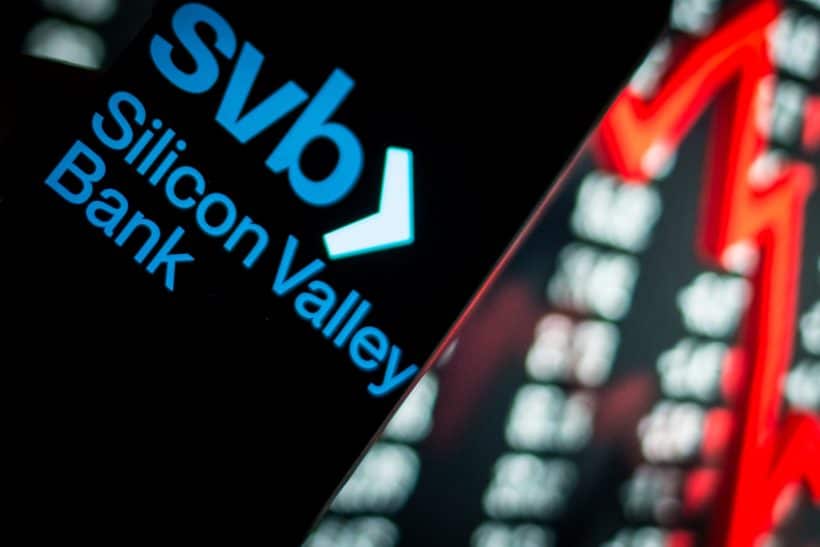
Andrea Ronchini | Nurphoto | Getty Images
First Citizens Bank & Trust Co will buy Silicon Valley Bank’s deposits and loans, the U.S. Federal Deposit Insurance Corporation said Monday, just over two weeks after the biggest U.S. banking collapse since Lehman Brothers.
The deal includes the purchase of approximately $72 billion of SVB assets at a discount of $16.5 billion, but around $90 billion in securities and other assets will remain “in receivership for disposition by the FDIC.”
“In addition, the FDIC received equity appreciation rights in First Citizens BancShares, Inc., Raleigh, North Carolina, common stock with a potential value of up to $500 million,” the FDIC said in a release.
It comes after the regulator transferred all SVB deposits and assets into a new “bridge bank” earlier this month in an effort to protect depositors of the failed lender.
“The 17 former branches of Silicon Valley Bridge Bank, National Association, will open as First–Citizens Bank & Trust Company on Monday, March 27, 2023,” the FDIC statement said Monday.
“Customers of Silicon Valley Bridge Bank, National Association, should continue to use their current branch until they receive notice from First–Citizens Bank & Trust Company that systems conversions have been completed to allow full–service banking at all of its other branch locations.”
First Citizens Bank and the FDIC also entered into a “loss-share transaction” — in which the FDIC absorbs part of the loss on a particular pool of assets — on the commercial loans purchased from the SVB bridge bank.
“The loss–share transaction is projected to maximize recoveries on the assets by keeping them in the private sector. The transaction is also expected to minimize disruptions for loan customers,” the FDIC explained.
The regulator added that the estimated cost of SVB’s failure to its Deposit Insurance Fund (DIF) will be around $20 billion, with the exact cost determined once the receivership is terminated.
Regulators closed down SVB, a big name in the tech and venture capital sector, and took control of its deposits on March 10 in what was the largest U.S. bank failure since the global financial crisis.
— CNBC’s Jihye Lee contributed to this report

